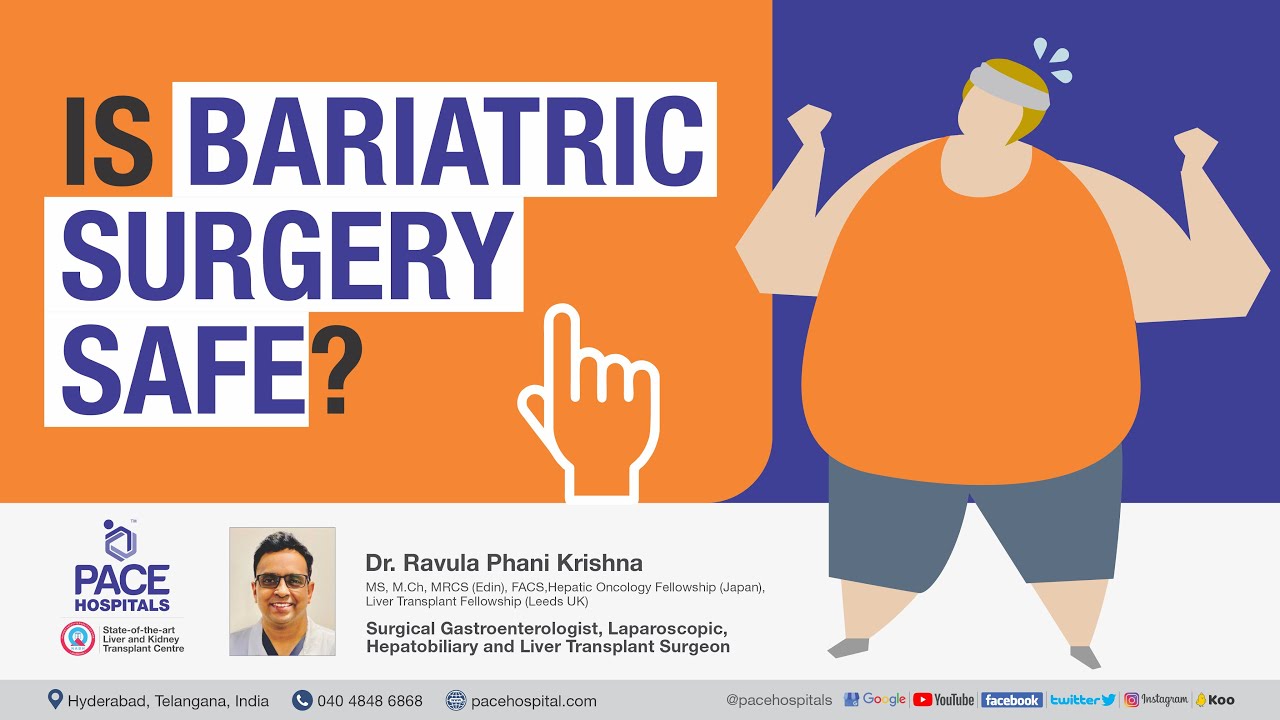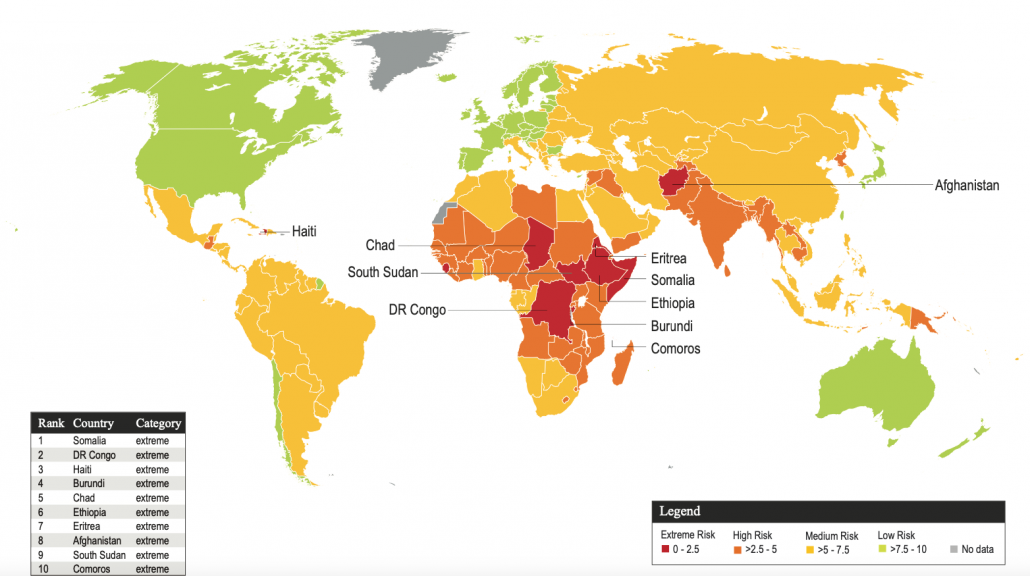
Recent research found that participation rates for US adults in total diet programs fell from 48.3% to 43.8% in April 2019, while those who follow the ketogenic diet were unchanged. Despite disruptions to traditional dayparts like lunch, breakfast, and dinner, the dinner menu remained stable. The main reason for this stability is most likely the realignment and normalization in our daily lives. Many are beginning to rethink their dinnertime meals.
For dinner, here are some foods
Eating late at night can be bad for your diet. Your ideal time for eating is between 6pm-6.30pm. Actually, 6.14pm is the best time. These guidelines will help you eat dinner on schedule and keep your weight under control. Listed below are some tips for you to follow while eating at night. These tips are specific to your life. Listen to your body and decide when you should stop eating.
Time to eat
Eating meals at the best times has many benefits. Not only will you be able to manage your weight and maintain a healthy body, but eating the right meals at just the right time will also help you feel fuller and more active throughout the day. A balanced diet can also help to prevent obesity-related ailments. The following are just a few of these benefits of a time to eat dinner diet. Keep reading for more information. All of us have been guilty of eating late at night, skipping breakfast, and leaving food out between meals.
Low-calorie options
You don't need to eat bland, boring meals when you follow a low-calorie dinner plan. Low-calorie dinners can be tasty and nutritious. Here are some ideas that can fit in any diet.

Weight loss without eating dinner
The first thing you should understand about the no-dinner diet is that it isn't a complete fast. It is possible to lose weight by not eating dinner. It is important to keep in mind that your body needs to eat dinner to lose calories. If you don't eat anything for dinner, you can start burning the fat you have stored up for the day tomorrow. Sticking to the no-dinner plan is the best way to achieve this. You should only consume water throughout your day.
FAQ
Are there side effects to intermittent fasting
Intermittent fasting is safe and has no side effects. If you don't plan well, you may experience minor issues.
For example, if you skip breakfast, you might be irritable all day long. Headaches, dizziness, fatigue and muscle cramps are all possible.
These symptoms often disappear within a few hours.
How Much Weight Can You Lose in a Week?
Your current bodyfat percentage determines the amount of weight you will be able to lose. You need to determine how much weight loss you are looking for. Your BMI indicates how much weight we should lose to achieve our goal. If your BMI is 25 or greater, you're overweight. If your BMI falls below 30 you are considered obese.
For example, if you weigh 200 pounds, your BMI would be calculated at 28.7. To get to a healthy weight range, you'd need 70 pounds of weight loss. To see if you're overweight, visit www.healthyminds.com/bmi/.
You can calculate the number of pounds you'll lose each week by knowing your BMI.
(Your Goal Weight - Current Weight)/BMI * 7 Number Of Pounds Lost Per Week
If you want to lose 50 pounds in one month, you'd need 2 weeks' worth of exercise, which equals 56 days, divided by 7 pounds lost per day. That works out to 8.3 pounds lost per week.
You could also try this calculator from www.weightlosscalculator.net. It provides an estimate of the number of calories you should consume each day to lose 12 pound per week.
Why Exercise is Important for Weight Loss
The human body has incredible capabilities. It was designed to move. Moving our bodies is important for our health.
Exercise can also help you lose weight and tone your muscles. This makes you feel better physically and mentally. You may have heard people say "exercise is important for weight loss." But why exactly does exercise help lose weight?
-
The exercise increases metabolism. Being active can increase your body's ability to use energy. When you move, your heart beats quicker, blood flows to your muscles, oxygen is absorbed by your lungs, and blood flows faster to your muscles. All of these activities are energy-intensive. You can burn calories more easily by exercising and increasing your metabolic rate. Burning calories is how much energy your body uses during physical activity.
-
Exercise reduces appetite. Exercise can help you lose weight.
-
Strengthen your body through exercise Muscle tissue requires more energy to function than fat tissue. You will be able to lose weight if you have more muscle mass.
-
Exercise releases endorphins. Endorphins are hormones that make you happy. When you exercise, endorphins are released into your bloodstream. Studies show that endorphins actually block pain signals from reaching your brain. This provides a feeling if well-being.
-
Exercise can boost self-esteem. Regular exercise is associated with higher self-esteem. It also leads to a healthier lifestyle.
You can lose weight by making small changes. Consider adding these tips to your daily routine.
How to Lose Weight
People who are looking for a way to look good and lose weight are the top goals. People lose weight for a variety of reasons. They want to live longer, be healthier, and live longer. There are many ways to lose weight. These include strength training, cardio training, yoga and pilates. Each type of exercise comes with its own set of benefits and drawbacks. For example, if you want to burn calories, then walking would be your best option. However, if you want to build muscle mass, then lifting weights would be the best choice. This article will discuss which exercise and how to lose weight.
It is important to determine what type of diet you should follow when you want to lose weight. It doesn't mean you have to eat less, but it is important to avoid junk food and eat more fresh foods. Aim to consume no less than 2200 calories each day. You can lose weight quicker if you reduce your calorie intake. You will lose fat faster this way.
If you want to know how to lose weight fast, you should start exercising. Exercise helps to reduce calories and improve metabolism. A healthy diet and exercise are key to losing weight. You lose energy when you exercise and you won't eat as much. You will see a faster rate of fat loss if you exercise regularly. Regular exercise is a great way to keep fit and healthy. They help you stay active and prevent diseases such heart disease, diabetes, obesity, hypertension, among others.
You should try to walk as much as possible. Walking burns around 500 calories per hour. If you walk 30 minutes every day, you will burn around 1500 calories. Therefore, you will lose 1 pound of fat per week. You can also run/jog for 10 minute. Running burns approximately 1000 calories an hour. You should run 20 minutes each day if your goal is to lose five pounds in just three weeks.
For weight loss, it is best to combine exercise with healthy eating habits. You should find a balance of these two elements.
What is the best time to do Intermittent fasting in order to lose weight
The answer isn't as easy as it seems. For optimal fat loss, you need to take into account many factors. These are:
-
Your age. For example, if you're young (under 40), intermittent fasting may be too difficult for you because you have less time to recover from each day's fast. On the other hand, if you're older (over 60), you may find that you don't have enough energy to sustain an extended period of daily fasting.
-
Your current body composition. Longer periods of fasting are more beneficial if you have a lot muscle mass. For those with less muscle mass, however, you may be able to benefit from shorter fasting times.
-
How physically active you are. To ensure adequate rest between workouts, you might need to extend your fasting period if you exercise frequently.
-
Your past medical history. Additional fasting monitoring may be required for certain medical conditions such as diabetes or heart disease.
-
What is your tolerance for stress? Stressful situations often cause us to eat more. To avoid this, you might want to increase the lengths of your fasting window.
-
Your diet. Certain diets, like ketogenic diets, may require even longer fasting periods.
-
The quality of sleep you receive. Lack of sleep has also been linked to increased appetite and decreased metabolism. It may take some trial and error before you find the right combination.
-
How much protein you eat. Consuming more protein helps to stabilize blood sugar levels. This could lead to lower insulin levels. This would allow one to fast for longer periods.
-
It doesn't matter if you want to gain or lose fat, those who are trying for weight gain will often require longer fasting periods.
-
What proportion of calories do your fasting hours allow you to consume? Fasting for fewer calories a day can result in more fat loss than fasting to eat more calories a day.
-
Your overall fitness level. A person who is very fit will burn more calories every day because they are faster.
-
Your gender. Men are more hungry than women so they may have to fast for longer periods. Women are more likely to have smaller appetites and may need to fast only 20-30 minutes every day.
-
Your lifestyle. Do you get enough physical activity? Do you work out several times a week? Does your job involve sitting at a desk all day long? These factors can impact how fast you should be moving.
-
How much money are you willing to spend on food? You don't have to spend much on groceries to eat healthy food. It's possible to save money by purchasing whole grains rather than white bread, fruit instead of candy bars, lean meats instead fatty cuts, and fruits instead of candy.
-
How important it is for you to control your hunger. If you don't want to skip meals, you might not need to fast as long as other people do.
Statistics
- Among women, the increase in metabolic rate was nearly 4%, or 50 more calories per day (14Trusted Source (healthline.com)
- According to Harvard Health, it's estimated that a 155-pound (70-kg) person burns around 167 calories per 30 minutes of walking at a moderate pace of 4 mph (6.4 km/h) (5). (healthline.com)
- One study in 9 active men found that HIIT burned 25–30% more calories per minute than other types of exercises, including weight training, cycling, and running on a treadmill (18Trusted Source (healthline.com)
- Another study found that 24 weeks of weight training led to a 9% increase in metabolic rate among men, which equated to burning approximately 140 more calories per day. (healthline.com)
External Links
How To
How to Lose Weight Fast
There are many fast ways to lose weight. But, many people find them ineffective and unsustainable. It is best to exercise and lose weight quickly through diet. You should eat fewer calories than you burn daily. This means you should eat less calories than your body burns during normal activities. To lose weight quickly, you need to reduce your calorie intake.
Because they can increase your appetite, you should avoid eating foods with high amounts of sugar and fat. Drink plenty of water each day. It helps keep you hydrated and keeps your metabolism running at its peak. When you combine these three things together, you'll see results faster than you ever thought possible!